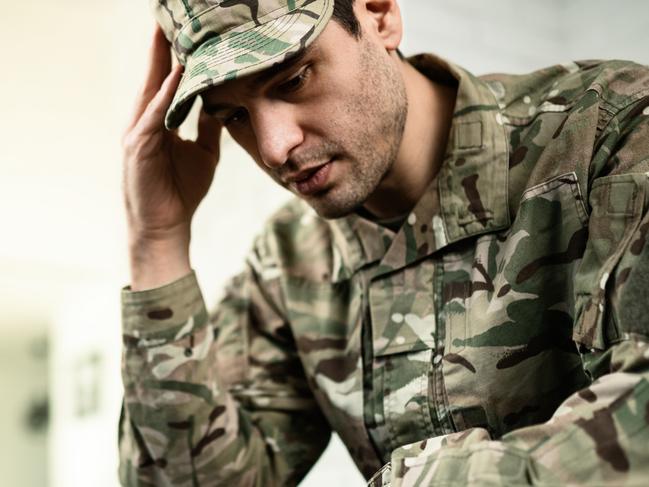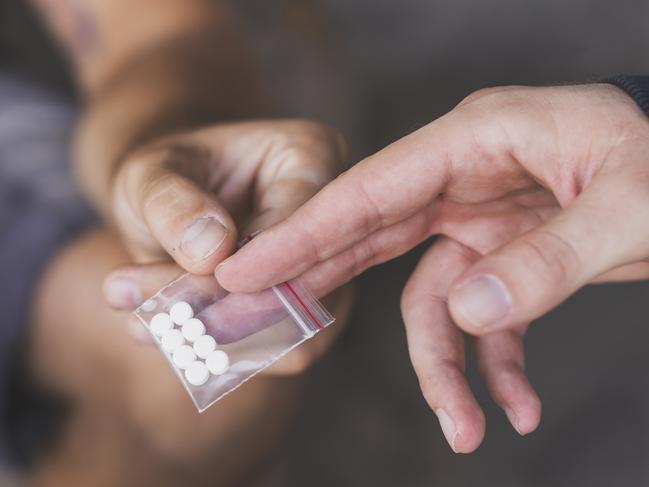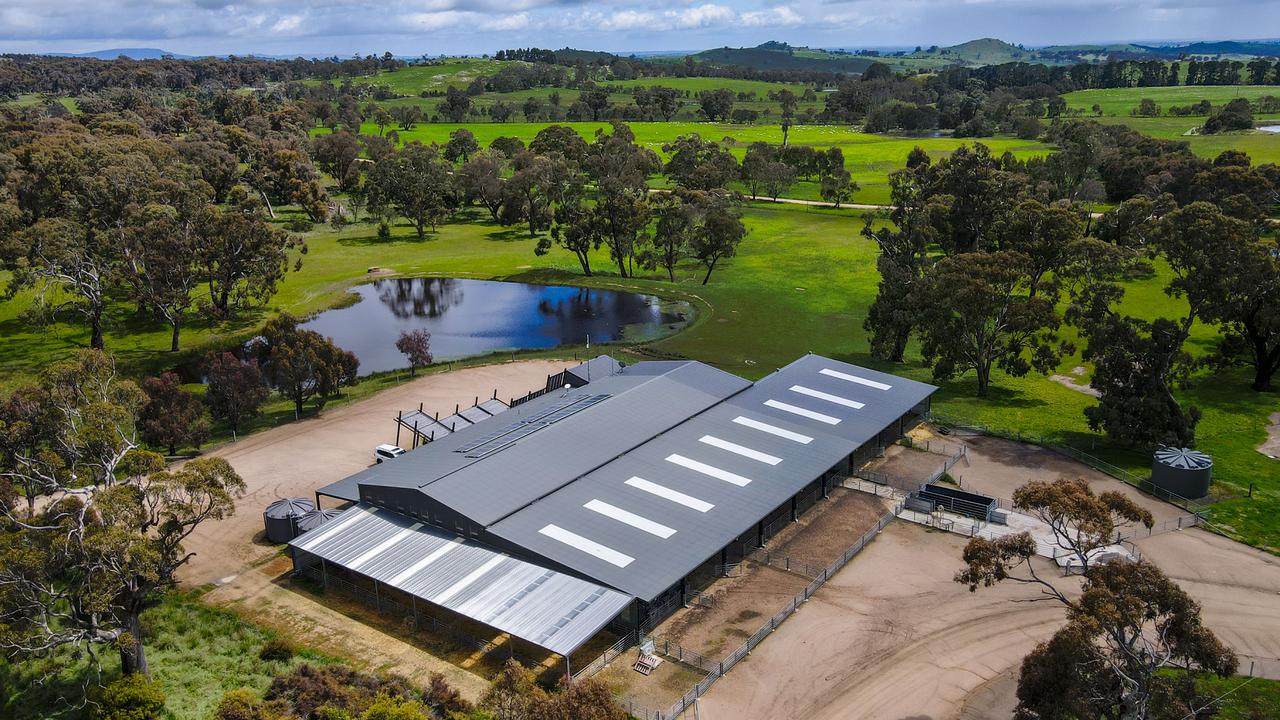How MDMA treatment trial may offer hope to veterans struggling with PTSD
A bold new Monash University trial that pairs the party drug ecstasy with psychotherapy to treat Army veterans suffering with PTSD has been called “psychotherapy on rocket fuel”.

Victoria
Don't miss out on the headlines from Victoria. Followed categories will be added to My News.
The popular party drug MDMA will be repurposed to treat PTSD in a Melbourne trial of a program likened to “psychotherapy on rocket fuel”.
Monash University researchers hope pairing ecstasy with an intensive 14-week psychotherapy program could help veterans let down by standard treatments.
Australia made headlines last year by approving MDMA for PTSD, with some championing the decision while others warned more research was needed.
The Royal Australian and New Zealand College of Psychiatrists’ latest guidelines have described the evidence as “limited and emerging”, and called for caution.
But the strict regulations and reservations among some doctors mean access has been extremely limited anyway, with just six psychiatrists in the entire country permitted to prescribe MDMA.
Monash’s new study, which hopes to provide more much-needed data on the drug’s effects on PTSD, will see patients take MDMA during two, all-day therapy sessions.

They will attend intensive weekly psychotherapy sessions in the weeks before and after the “dose days” and the trial is in the final stages of recruiting veterans and first responders.
Monash University clinical psychedelic lab head Dr Paul Liknaitzky said there was a pressing need to find effective PTSD treatments and he believed MDMA could accelerate patient’s progress in therapy.
“PTSD is massively over-represented in veteran and first responder groups and the treatment outcomes are so far woefully inadequate for those patient groups,” he said.
Dr Liknaitzky said unlike many other trials, they were evaluating an entire therapy program around MDMA – and not just the drug itself.
“If it works, if it’s safe, if it’s feasible, it (the protocol) can actually be lifted out of the trial and implemented,” he said.
Dr Liknaitzky said the two dose days did not look like typical therapy – participants lie on a comfortable couch with headphones and a specific playlist – but that did not mean it was “fun”.
“It’s a big, often very personally profound and very personally challenging experience,” he said.
He said the drug “increases people’s tolerance for distress” and, with the right preparation and support, allowed them to come “face to face” with traumatic memories they have been avoiding.

“With MDMA you get this phenomenal access to traumatic memories, and … a person is not activated or triggered in the same way they normally would be,” he said.
“It allows people an unprecedented moment of progress that they can then build on through ongoing therapy and behaviour change in their life.”
He emphasised it was not suitable for everyone, and the trial has very strict screening criteria – with the majority of applicants actually rejected – but said he was encouraged by their work so far.
Air force veteran Michael Raymond, who travelled overseas in 2019 to access MDMA therapy, said it was so “powerful”, he co-founded Heroic Hearts Australia to fund other veterans’ trips.
“It really helped with actually being able to work through a lot of traumatic things and process things in a different way,” he said.
While he emphasised a need for stronger regulations and training, he said he was “cautiously optimistic” about the treatment’s future in Australia.
To register visit www.monash.edu/psychedelics
Originally published as How MDMA treatment trial may offer hope to veterans struggling with PTSD


